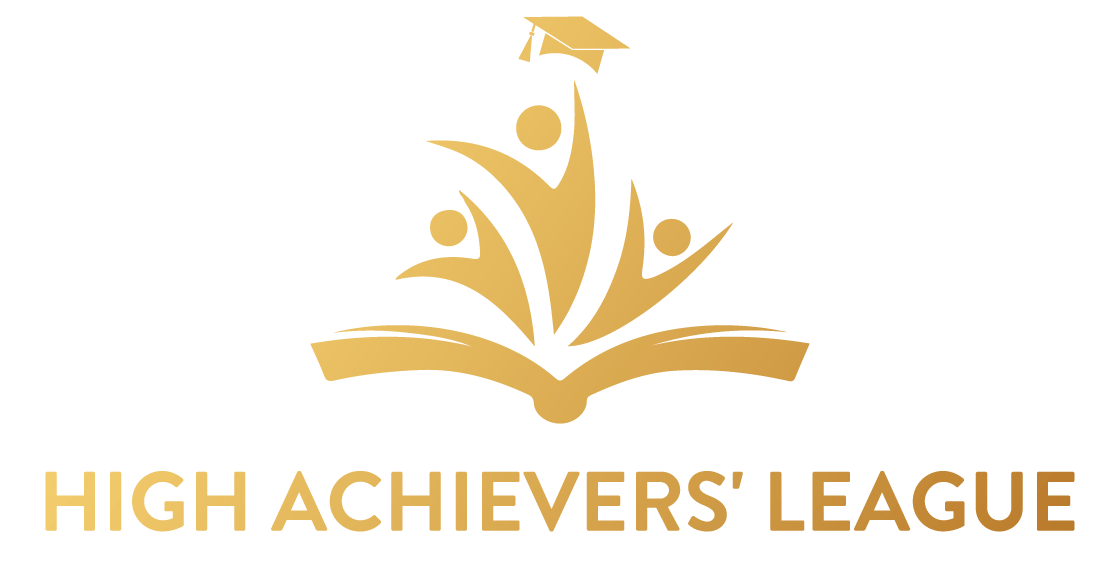
Students often confuse between Education/Admission Advisers versus University Agents and I don’t blame them as there is a lot of misguidance in the market. Most of the agents out there represent some foreign university in one form or another and there is a lot of misinformation doing the rounds about how to get admission abroad. Many agents claim to have “confirmed admissions” in the universities that they represent even before the student has applied for admission. This is an attractive offering for students who are looking for short-cuts but be very careful before you fall into this trap, otherwise you will not only lose a lot of your parents’ hard-earned money but may also lose your chances to get admission or get your visa rejected. Remember, there are no short-cuts in life and when you start a process with the wrong intention, the end result will always be inconvenient.
So what’s the difference between an Adviser and an Agent? Most of the companies out there are agents who get commission for getting the students admitted in the universities they represent. This means that for them, the ultimate goal is to get their clients admitted into universities that would maximize their own revenue rather than seeking long-term benefits for the students. The Agent would probably not even bother to go an extra mile to make sure that the student gets the maximum possible funding from the universities. Moreover, most of these universities are either sub-standard or shady and even if you do get an admission offer, the chances of getting visa in most cases are really very thin. An Adviser, on the other hand, generally won’t be representing any specific university and would assess the capabilities and interests of the student and find universities that are the best fit for the students and offer the best possible scholarships/funding. High Achievers’ League falls under this category.
Take the example of the US for instance. There are more than 4,700 recognized institutions of higher learning in that country: there is something for everyone. US universities have the best education in the world and they have the most amount of funding in the world – it’s a $40 billion industry after all. Since an adviser does not have a conflict of interest with the aspirations of a student, he/she would use the tools available to him/her along with years of experience to short-list universities and programs. The adviser would keep in mind the capabilities of the student and make a portfolio of universities that gives the student a real chance to get admission with the maximum amount of financial aid possible. The student would get the correct guidance in taking the international standardized tests where required and gather documents that make their application acceptable to the admission program. When a student is a bona fide candidate for admission and when the right admission process is followed, his/her chances in getting the visa after receiving I-20 admission offer go up considerably. This gives the student the ability to go the best possible program in accordance with his own capabilities along with the best possible funding.
An experienced and genuine adviser would have no conflict of interest with the goals of the student clients. He/she would also advise the student to build a backup not only of universities in a particular country but also of those in at least one other country to raise the chances of going abroad for studies in case the visa in the primary country gets rejected. Hence, please do not look for unnecessary short-cuts, don’t fall into the trap of agents, don’t waste your money in getting useless “admission offers” and be sincere to yourself and your future while pursuing the goal of attaining higher education from abroad.


